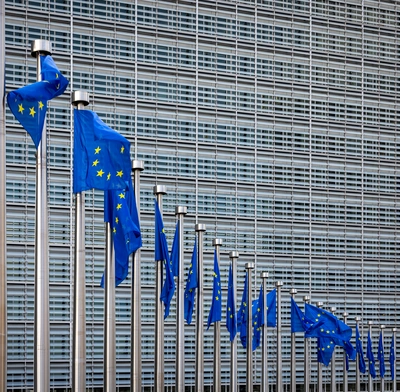The EU’s new anti-money laundering authority has identified crypto as its foremost challenge in the battle against illicit finance.
EU Money Laundering Watchdog Chair Singles Out Crypto Sector

Bruna Szego, the recently appointed chair of the EU’s Anti-Money Laundering Authority (AMLA) will lead the agency created in 2024 to bolster the bloc’s defences against financial crime.
The AMLA officially began operations on 1 July and is currently building out its mandate to safeguard the integrity of the European financial system. A key emerging focus is the cryptocurrency market.
This is in large part due to “inconsistent controls” between EU member states as they issue crypto licences, with challenges emerging due to diverging policies and requirements between national regulators.
Growing Threat
The crypto market, still in its early growth phase under the EU’s Markets in Crypto-Assets Regulation (MiCAR), is “significantly exposed to money laundering and terrorism financing risks,” Szego told the Financial Times in her first major interview since stepping into her new role.
As member states work to align on a uniform policy, she emphasized: “We need to be sure the owners are not involved in money laundering or terrorism finance.”
Tighter Oversight
Under new AML directives, crypto providers will be barred from interacting with anonymous wallets and privacy coins, which are cryptocurrencies specifically designed to conceal transactions.
Additionally, service providers such as exchanges will be required to give government agencies direct, real-time access to account data, enabling authorities to swiftly intervene in suspected criminal activity.
The AMLA’s pointed attention to crypto reflects a distinctly European regulatory philosophy, prioritizing consumer protection, transparency, compliance and harmonized rulemaking across all member states over rapid technological advances.
With enforcement mechanisms now gaining ground on innovation, firms operating in the EU will need to ensure they comply or risk the attention of the authorities.



